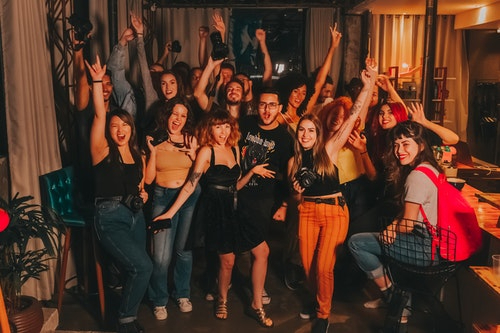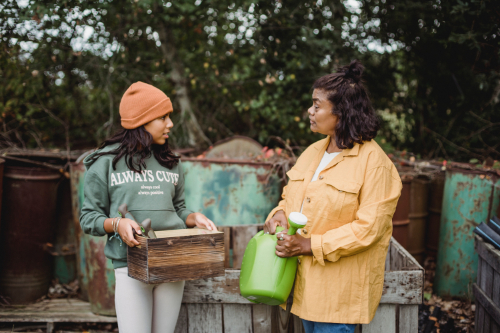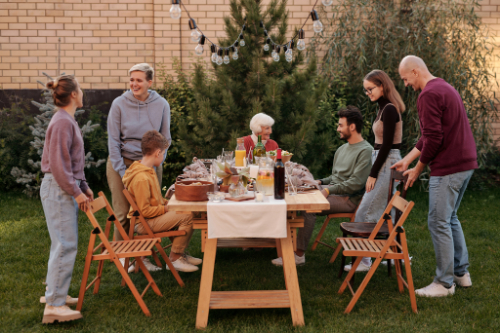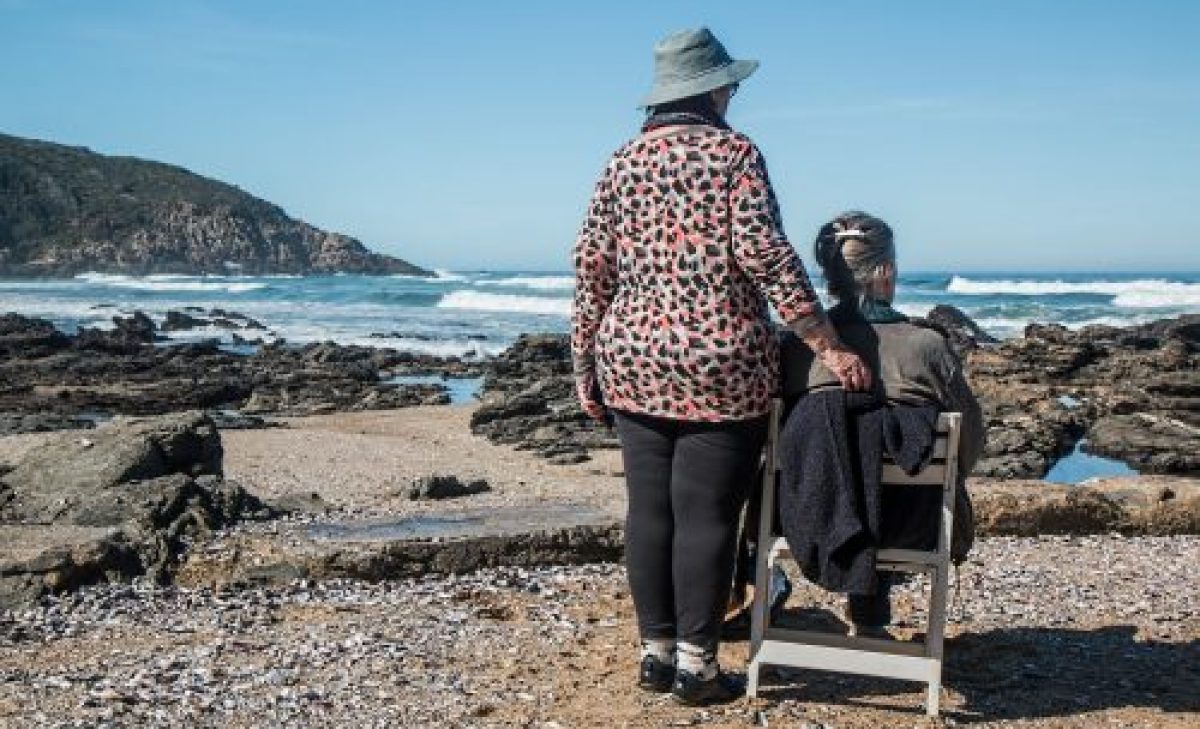With my father being the youngest among 11 siblings, the age gap between him and his oldest sister was quite big (16 years, to be exact). The family used to say that some people were quick to assume that dad was my Aunt Jackie’s son whenever she babysat him because of that. Everyone would laugh whenever that story would come up during social gatherings, especially when my father would joke around and call his big sister momma.
The thing about having a dad who’s the youngest in his family was that most – if not all – of his older siblings got married before he did. The first wedding happened when he was only in elementary school, and his brothers and sisters did not wait too long to start building families of their own. Hence, my father officially became an uncle at the age of nine years old.

Growing Up With Much Older Relatives
As expected, there was also a massive age difference between my older cousins and me. While they were already living in the real world, I was still in my diapers. When they had boyfriends and girlfriends, I was still shuffling and babbling.
Did I find that as a disadvantage? Not as much as you would think. Having many older relatives meant that there were more people to love me and dote on me. I was the apple of everyone’s eyes; whatever I requested would be granted, even if mom and dad said no.
Only when I became a teenager, I realized that our big family was not as perfect as it initially seemed. All my cousins were always at family gatherings, so I did not know until much later that some were feuding with their mom or dad for a long time. Three out of four of my Aunt Jackie’s kids, to be specific, refused to talk to her or at least recognize her existence during parties.

I observed the same pattern for many months, so I felt the need to ask mom about it one day. My mother explained that no one could be sure about what happened in their household. But based on stories, my aunt favored one child only, and the others got sick and tired of the unfair treatment. Many relatives tried to make them reconcile, though the children were not amenable to it.
Remembering The Family Drama As A Therapist
When I got older, the feuds and cold shoulders became too normal in my extended family. Sometimes, the people involved would be more cordial than ever; other times, they would refuse to remain at the same table. Everyone learned to gauge their feelings and relationships at least a week before gatherings to plan how to keep them separated and still enjoy the party.
Nevertheless, my perspective changed once I began studying and training to become a licensed therapist. One of the most unforgettable topics was forgiveness. It was said that not wanting to forgive someone who hurt you immediately was all right. However, it would be wrong to claim that you could never forgive a person since it was a sign of lack of growth.

I remembered my cousins who were no longer on speaking terms with their parents at once. Regularly, therapists encouraged people to forgive their moms and dads for whatever issue they had so that everyone could move on. After all, it was easy to assume that only the parents suffered from the situation, even though the reality was that the kids suffered as well.
Furthermore, my cousins often told everyone that all the problems were due to their parents. “They were too controlling, always saying no, etc.” But if you thought about it objectively, a more logical explanation was that the kids did something wrong, and they hated being reprimanded for it, so the next best solution was to lash out.
Lashing out instead of forgiving mom and dad could bring negative karma to your life, you see. Your dreams might become more challenging to achieve than ever; worse, your future children might treat you the same way you treated your parents. You would not often see its adverse effect, but it would undoubtedly come if your actions stayed the same.

Final Thoughts
As soon as I got my license to practice therapy, my entire family threw a party for me. There were balloons, rainbows, and booze all around – everything I wanted. When my cousins offered to take me bar-hopping, though, I refused and told them I wanted to do and gain the benefits of family counseling in that instant.
Did everyone agree immediately? Of course not. Some were adamant as they had no part in the drama; others who had been in the drama for too long argued that their differences were irreconcilable. The thing was, everyone was deeply affected by it because we belonged to the same family. More importantly, the fact that those feuding individuals never ceased to attend family gatherings could mean that they were subconsciously hoping to make peace with their loved ones.
It took months and more concentrated family sessions, but my cousins eventually forgave their parents and vice versa.
